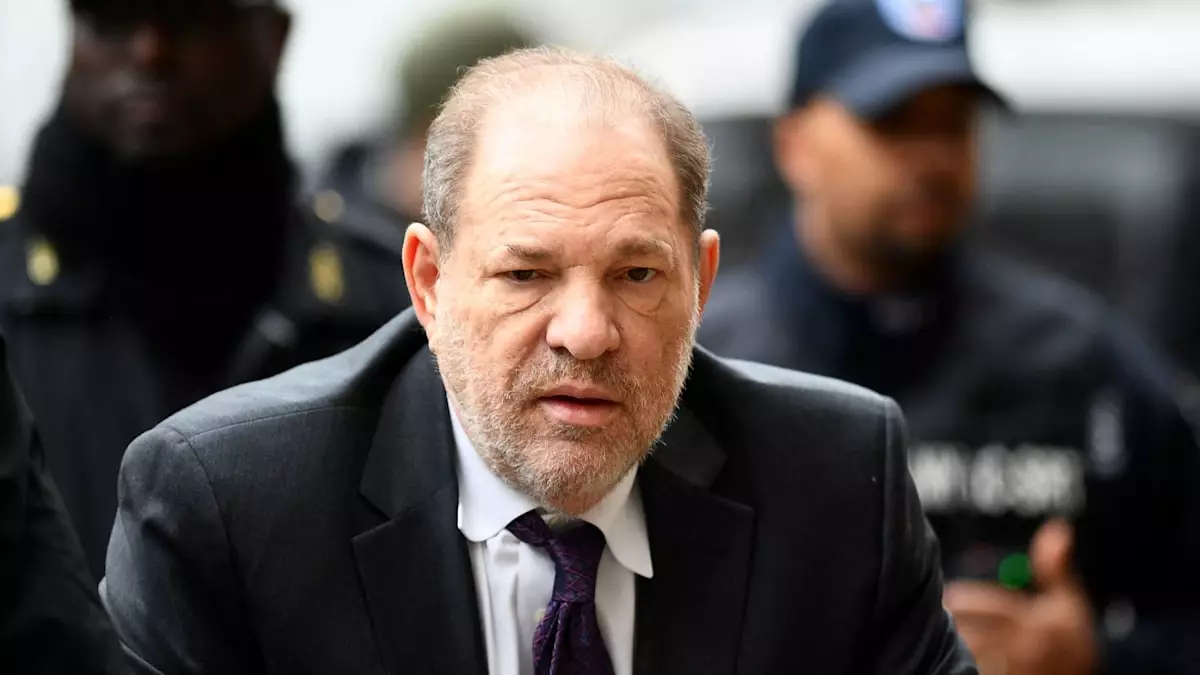In a surprising turn of events, the 2020 conviction of Harvey Weinstein on felony sex crime charges has been overturned by New York’s highest court, the New York Court of Appeals. The 4-3 decision cited a “crucial mistake” made by the judge who presided over the trial, specifically in regards to the prosecution’s handling of witness testimony. The court found that the trial court had erroneously admitted testimony of uncharged, alleged prior sexual acts against individuals not involved in the underlying crimes, leading to a flawed legal process.
The appeals court’s ruling centered on the argument that Weinstein did not receive a fair trial due to the inclusion of witness testimony that was unrelated to the specific charges he was facing. By allowing witnesses with accusations outside the scope of the trial to testify, the court concluded that the jury’s decision may have been swayed by factors other than the crimes Weinstein was being charged with. This raised concerns about the validity of the conviction and ultimately led to the decision for a new trial.
The implications of this overturned conviction are significant, not only for Harvey Weinstein but also for the broader MeToo movement. Weinstein, currently serving a 23-year sentence on charges of criminal sex crimes, has become a symbol of the misconduct that sparked a wave of allegations against powerful figures in the entertainment industry. The decision to grant him a new trial raises questions about accountability and the legal standards for addressing cases of sexual assault and harassment.
While Weinstein’s misconduct has been well-documented and widely condemned, the judicial process surrounding his case has been fraught with challenges. The appeals court’s ruling highlights the complexities of prosecuting high-profile individuals accused of sexual crimes, particularly when multiple allegations and legal jurisdictions are involved. The decision to retry Weinstein will require careful consideration of legal precedent, procedural fairness, and the potential impact on survivors of sexual violence.
As Harvey Weinstein faces the prospect of a new trial, the spotlight once again shifts to the legal system’s ability to hold powerful individuals accountable for their actions. The decision to overturn his conviction raises fundamental questions about due process, witness testimony, and the limits of legal intervention in cases of sexual misconduct. Regardless of the outcome of a potential retrial, the legacy of Weinstein’s case will continue to shape public discourse on justice, equality, and the ongoing struggle for gender equity.

